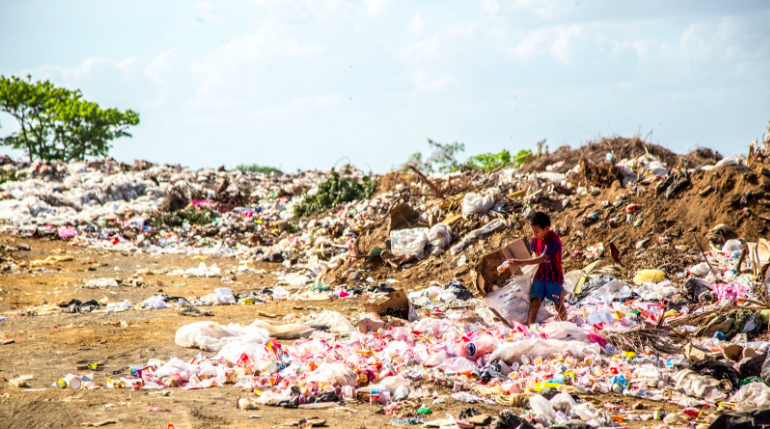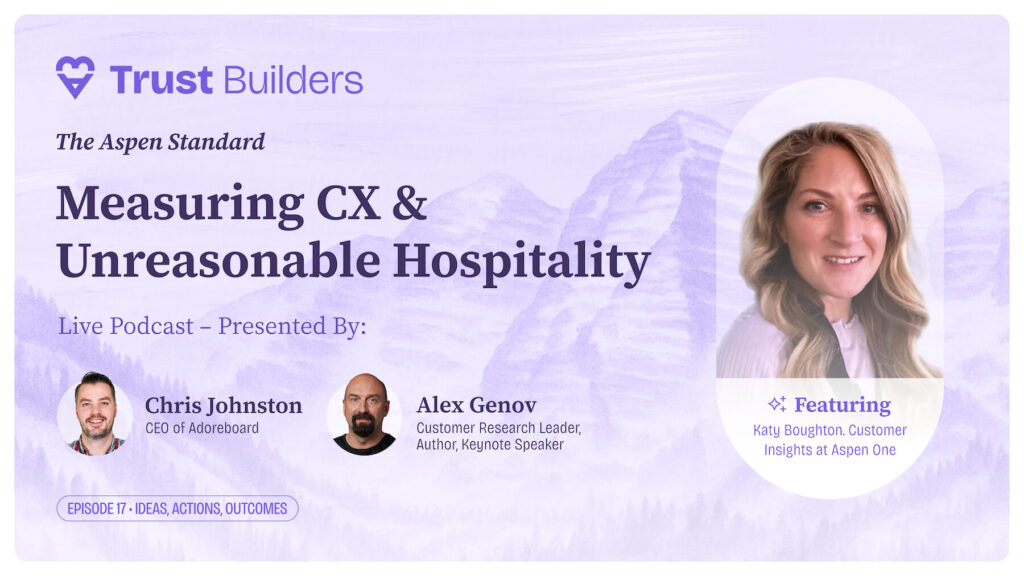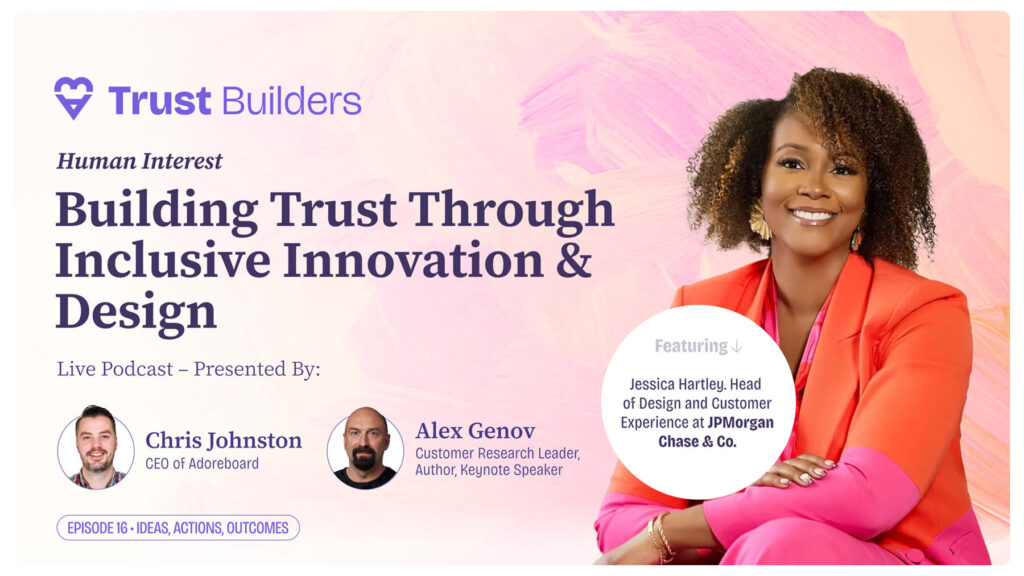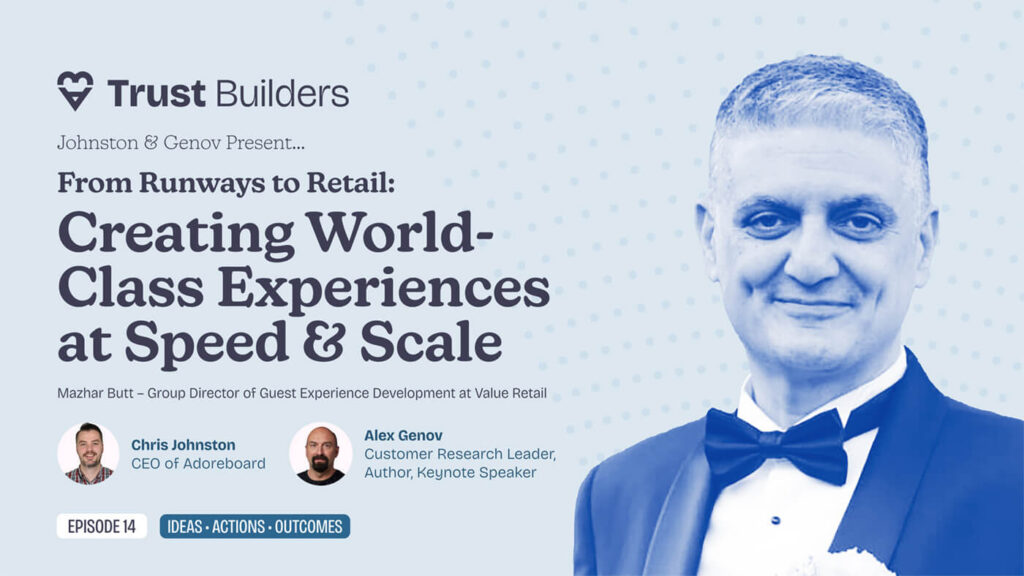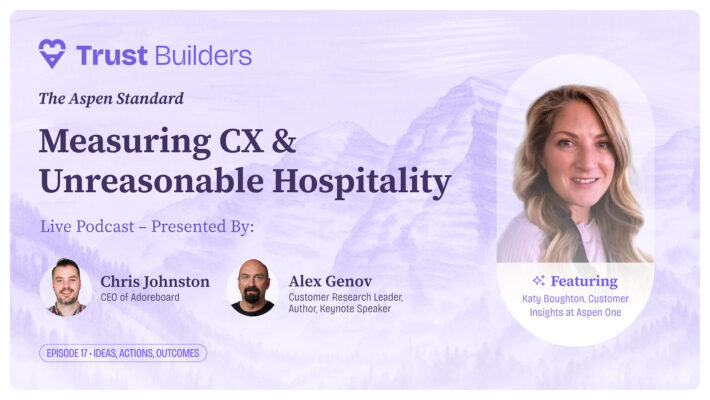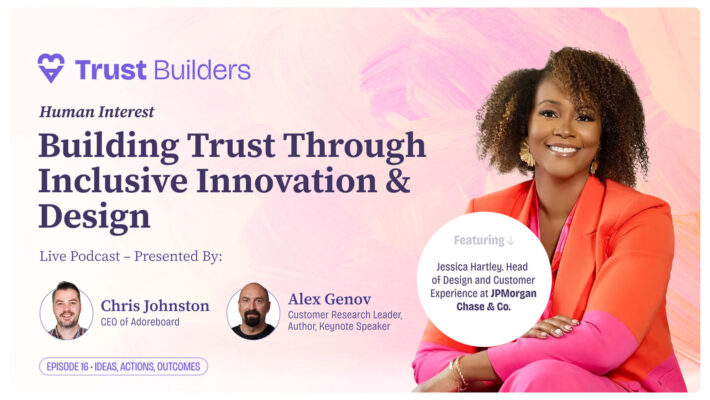The internet and social media have made it easier for consumers to keep informed on ethical issues and to find out what standards their favourite brands hold. More and more customers are considering the impact their purchases have on the world around them.Documentaries such as Cowspiracy and A Plastic Ocean have lead to a huge number of people making more conscious buying decisions and reducing their waste. With research revealing that 53% of the UK’s population avoid buying certain products and using certain services over concerns about ethical reputation (ethicalconsumer.org), brands have to respond.
What is an Ethical Consumer?
Being an ethical consumer means buying things that don’t harm people, animals or the environment.
The Emotion behind Ethical Consumerism & Methods
Here at Adoreboard we focus on uncovering key insights into how the world feels about brands and concepts. Our Emotion Analytics software Emotics can analyse any text for over 24 emotions. Understanding the key emotional reactions of customers can lead to more humanised brands that improve overall customer experience.
We analysed the top trending areas of ethical consumerism of the moment:
- Cruelty Free Beauty – #CrueltyFree
- Veganuary
- Single Use Plastic
- The Latte Levy
Hashtags analysed include #CrueltyFree, #NoAnimalTesting, #Veganuary, #Vegan, #PlasticFree, #SingleUsePlastic, #PlasticFreeCoastlines, and #LatteLevy.
Over 15,000 mentions were analysed through Emotics to uncover the key emotions and emotional themes driven by each ethical area. Brands can use such insight to leverage customer experience by partaking in certain ethical initiatives to raise customer trust.
The Results
The analysis shows that the level of customer trust is relatively high with all ethical initiatives. The most trusted being #Vegan or #Veganuary with a score of 49 out of 100.

Emotics allows us to dig deeper into the data to extract key insights that is contributing to 8 key emotion indexes. For this report we will delve into the key themes driving high or low levels of trust.
Cruelty Free Beauty

#CrueltyFree has an Adorescore* of 47. Mentions of this topic drive high levels of trust and joy amongst customers. Discussions around cruelty free beauty brands and users sharing lists of beauty brands that don’t test on animals have contributed to these high levels of trust. Customers view these brands as being more reliable and honest about their ethics.
Brands such as Lush, The Body Shop and Tarte Cosmetics pride themselves on being cruelty free. These brands gain great exposure and customer loyalty through promoting a cruelty free lifestyle.
https://twitter.com/coreen_harbin/status/951567677922861056
Some anger within this movement is comes from customers complaining about the ethical issues surrounding brands who test on animals. One example is high end beauty brand Nars have recently dropped their cruelty free status due to China’s testing laws. There has been high levels of consumer backlash due to the brand being perceived as putting market expansion over animal welfare.
https://twitter.com/slww8/status/953253896478232576
Veganuary

#Vegan or #Veganuary is the ethical initiative driving the most trust from the data. Veganuary has become a trend for people to challenge themselves to follow a vegan lifestyle during the month of january, with the aim of reducing their environmental impact. Many food brands and coffee chains have jumped on this trend and increased their vegan options, making vegan lifestyles more accessible.
Mentions of Veganuary have achieved the highest level of trust in our analysis and has a high Adorescore* of 63. Mentions of competitions by vegetable brand Barfoots has driven high joy towards this campaign. Trust stems from customers praising companies for expanding their vegan offerings, or simply including “suitable for vegans” labelling to simplify vegan shopping. People sharing vegan recipes or their favourite vegan products also increase the trust and joy of this topic.
Brands like Quorn and Wagamama have addressed the increase in veganism by expanding their vegan range and investing in influencer marketing for maximum exposure.
Trying Veganuary this year? Why not try one of Quorn’s ever-expanding vegan range to help you get started! Take a look at how veganism continues to grow by the power of the internet, vegan bloggers and celebrities here: https://t.co/fA9plXkLLb
— Quorn Foods UK (@QuornFoods) January 2, 2018
Had an awesome evening @wagamama_uk last night celebrating the #cookmama dish. Get down to their Noodle Lab on Dean St to try it. #vegan #veganuary pic.twitter.com/BhDyj5vty1
— Veggie LAD (@VeggieLad) January 16, 2018
Single use plastic

This week the EU declared to work to reduce single use plastic and ensure all packaging is reusable or recyclable by 2030. This follows on from reports of the amount of plastic in the ocean and the damage it causes, shows like Blue Planet have highlighted this.
Our analysis shows that mentions of plastic reduction drive positive emotions such as joy and trust with an Adorescore* of 48. Leading food retailer Iceland announced their plans to have plastic free stores by 2023. This announcement has increased joy towards the brand and increase customer trust in the process.
Well done @IcelandFoods I will be supporting this move by using your stores #plasticfree #plasticpollution #Iceland
— Billy Bragg's non-binary handbag (@minirowl) January 16, 2018
This topic also led to high disgust, with many customers calling out other stores for their plastic waste including use of plastic bags and plastic-wrapped fruit and vegetables.
https://twitter.com/bernimarie16/status/953264307852193792
https://twitter.com/NadinaRC_/status/953229486111252480
Latte Levy

Earlier this month it was reported that the UK throws away around 2.5bn disposable cups a year. Many of which end up in landfill due to the expense of recycling due to a plastic lining inside cups. This lead to MPs on the Environmental Audit Committee asking parliament to introduce a “Latte Levy” – a 25p charge on disposable cups bought by consumers.
Mentions of the Latte Levy on Twitter has lead to high levels of joy leading to an Adorescore* of 48. High levels of joy are driven by brands offering reusable cups such as Lyon’s Coffee using the levy to host a competition for a free KeepCup. KeepCup the reusable cup brand have also used the hashtag #LatteLevy to promote their cups.
Avoid the #LatteLevy & enjoy Lyons coffee on the go ☕️ For the chance to #WIN a Keep Cup, just follow & RT! @KeepCup #FreebieFriday #Competition pic.twitter.com/6OBcUWNm2m
— LyonsCoffee (@LyonsCoffee) January 12, 2018
Had a feeling the #lattelevy was coming. No bother for me as I've already switched to a Star Wars @KeepCup. pic.twitter.com/BQJtuYE9oA
— Dallas King (@DallasKing1138) January 5, 2018
Sadness was expressed by people criticising some brands for stocking disposable cups. Such as this one from Flying Tiger.
Spotted these Saturday on Oxford Street. Come on @FlyingTigerCph, you can do better than this – didn't you know 2.5bn disposable cups are thrown away each year in the UK? @HughsWaronWaste#lattelevy pic.twitter.com/eSPIB7dWUR
— Alys Penfold (@alyssayswhat) January 10, 2018
Our analysis shows the positive impact that ethical initiatives can have for brands. Trust has been significantly increased for brands supporting plastic free, latte levy, cruelty free and veganism. Other brands such as Lush, Method and The Body Shop base their whole brand on their ethics and environmental sustainability. The impact is clear as Argos announced that they sold 537% more reusable cups in December 2017 than December 2016 [1]. More and more brands are taking further ethical steps in their production and daily business. These steps will impact customer trust, customer experience and their carbon footprint all in one.
If you would like to learn more about the work we do at Adoreboard, try Emotics or avail of our consultancy service please contact us here.
*Adorescore: The Adorescore is a high level performance indicator of the level of emotional intensity in content. It is measured on a scale from -100 to 100, the higher the score, the more positive the content.
[1] https://www.edie.net/news/5/UK-retailers-see-rise-in-sales-of-reusable-coffee-cups/
